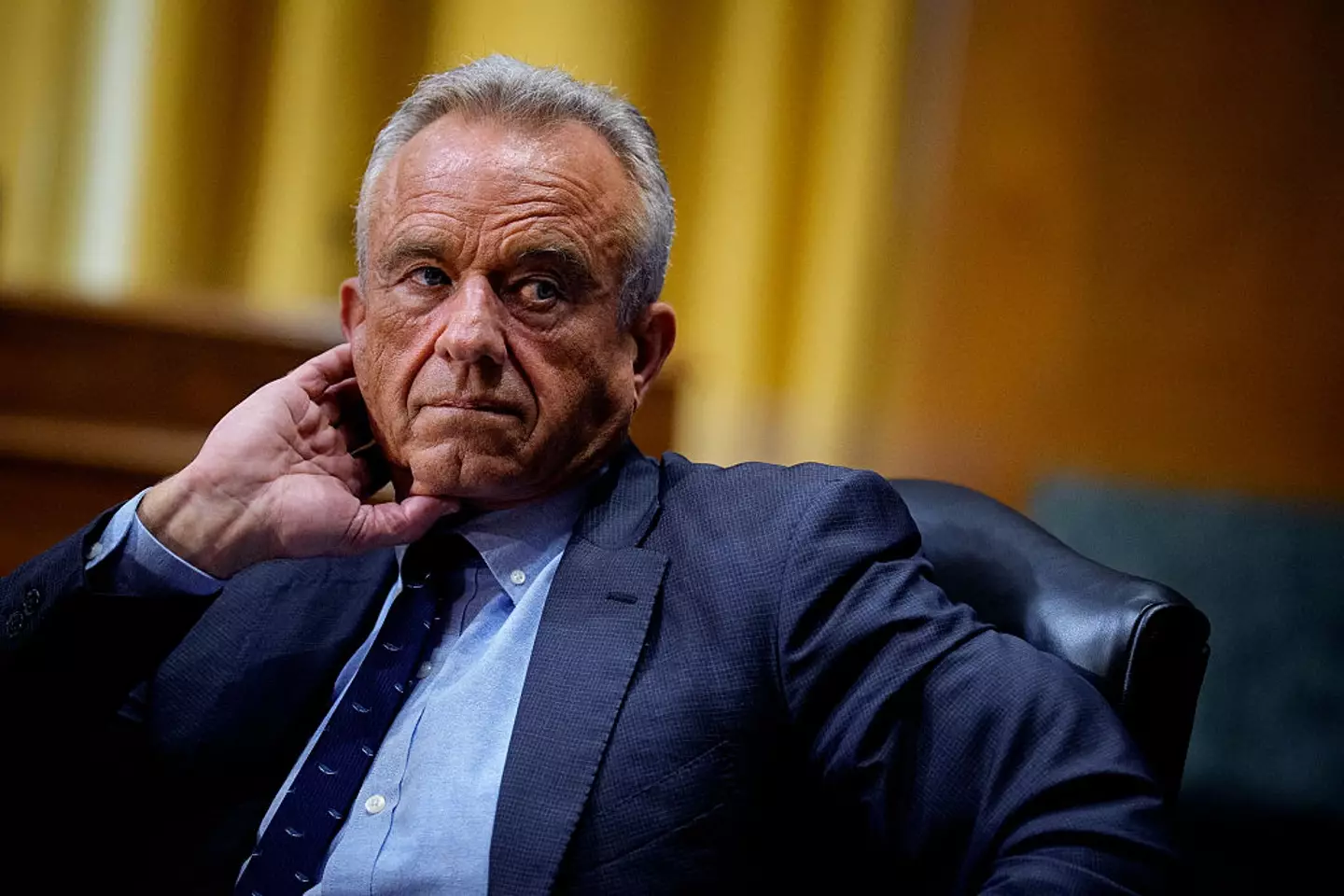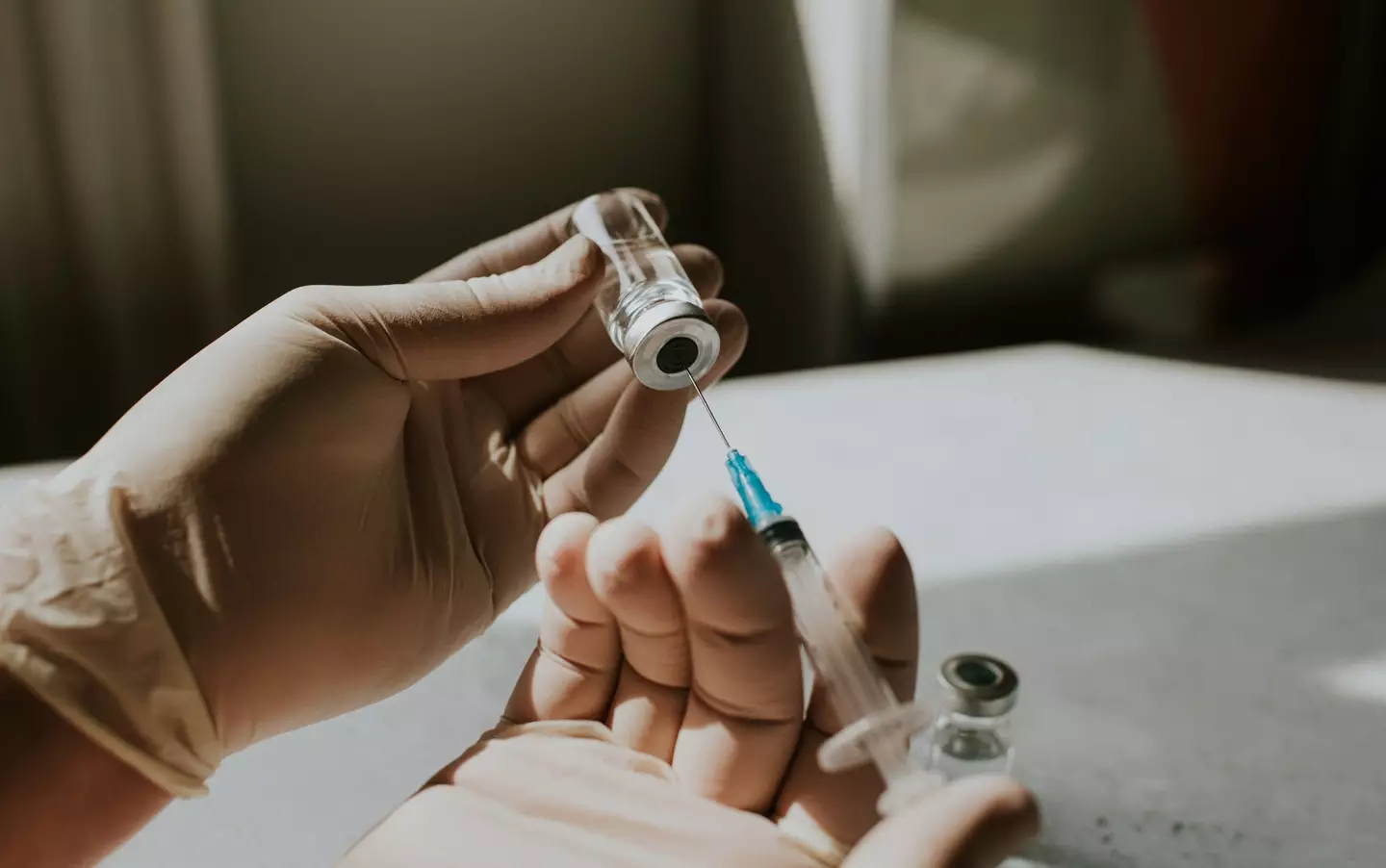
Robert F. Kennedy Jr.'s tenure as Health Secretary has taken a dramatic turn against science.
His father's famous speech during the Vietnam War about securing the future for young Americans feels like a distant memory as current decisions threaten to put America's medical research in jeopardy.
The younger Kennedy has decided to 'wind down' mRNA vaccine development and cancel $500 million in research contracts due to his scepticism about vaccines, particularly those developed for COVID-19.
The worst part is that researchers were close to what could have been a massive breakthrough.
Advert

Using the same mRNA technology, scientists were on track to developing a universal cancer vaccine.
However, the US Secretary of Health and Human Services decision to axe the research contracts has scientists worried that America is about to throw away years of progress.
The mRNA technology that proved so effective against COVID-19 was being adapted to potentially fight cancer, which would have been a huge breakthrough for millions of patients.
Rick Bright, who used to run the Biomedical Advanced Research and Development Authority (BARDA) until he was removed by Trump in 2020, fears what the decision means for America's scientific leadership.
In a New York Times piece, Bright basically said Kennedy is throwing away a strategic advantage in medical research.
"If the United States abandons mRNA, it will not simply be forfeiting a public health advantage. It will be ceding a strategic asset," Bright wrote.
"In national security terms, mRNA is the equivalent of a missile defense system for biology. The ability to rapidly design, produce and deploy medical countermeasures is as vital to our defense as any military capability."

He added: "Adversaries that invest in this technology will be able to respond faster to outbreaks, protecting their populations sooner than we can."
Meanwhile, Johnathan Kagan from biotech startup Corner Therapeutics told Politico: "I get the impression that many people in Washington don’t realise we’re in the middle of a new arms race."
He continued: "We’re not in the middle of a nuclear arms race anymore. We’re in the middle of a biomedical arms race."
Kagan pointed out that the US's ;greatest arms race' competitor is China, which he stated is currently in an 'incredible position.'
"I was in China for a conference in May, and the enthusiasm for science, the enthusiasm for innovation and for mRNA-based investment could not be higher," he explained.
Now, Bright argues that it's only a matter of time before the US loses its 'decisive advantage.'
"In an era when biological threats can be engineered, losing this competitive edge would leave the United States vulnerable and dependent on others for lifesaving tools," he wrote.